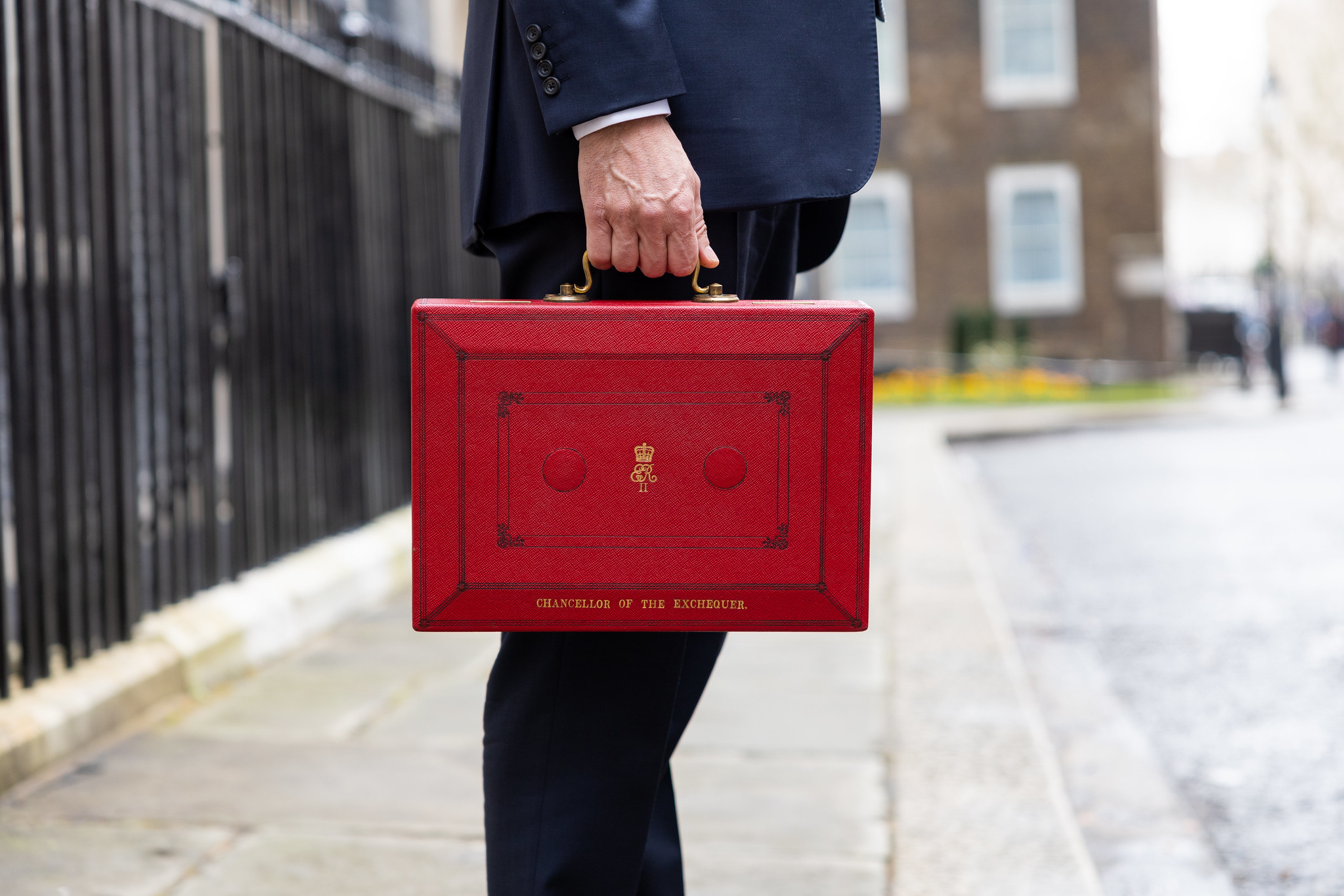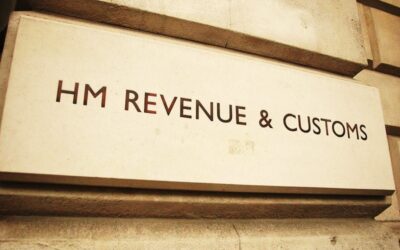With yesterday’s surprise announcement of a UK General Election on 4th July, the current Parliament will be dissolved on Friday 24th May and now the ‘washup’ period begins. This means that bills which are part-way through their Parliamentary scrutiny are either accelerated to become law or dropped to be reconsidered by the next Parliament after the election. Finance (No.2) Bill is one of these, and specific clauses need to be be enacted in time as they relate to the collection of taxes overall – notably income tax.
Some clauses within the draft Finance Bill are more likely to be shelved in order to hasten the passing of other uncontentious aspects. A few of them relate to tax policy announcements made in March’s Spring Budget, such as the new creative tax relief for UK Independent films, and the reduced rate of Capital Gains Tax (CGT) on residential property for higher rate income tax payers selling second/holiday homes, from 28% to 24%. The abolition of the Furnished Holiday Letting (FHL) regime was not included in the draft Finance Bill, so looks to be held over until the next Parliament to enact (or not, depending on the priorities of the incoming Government).
The other clause in the Finance Bill which might get dropped, or enacted with minimal scrutiny, is the abolition of Multiple Dwellings Relief for Stamp Duty Land Tax (SDLT). In March, the Chancellor concluded that it wasn’t achieving its original policy intentions and had attracted a number of incorrect and abusive claims, justifying its abolition. Removing it was forecast by the Office for Budget Responsibility to save over £1.3bn in the five years to 2028-29.
The calling of an election is always a dramatic event in the political life of the UK, but TaxWatch hopes that the clauses which have an impact on the UK fiscal regime get the full consideration they deserve under a refreshed electoral mandate.



